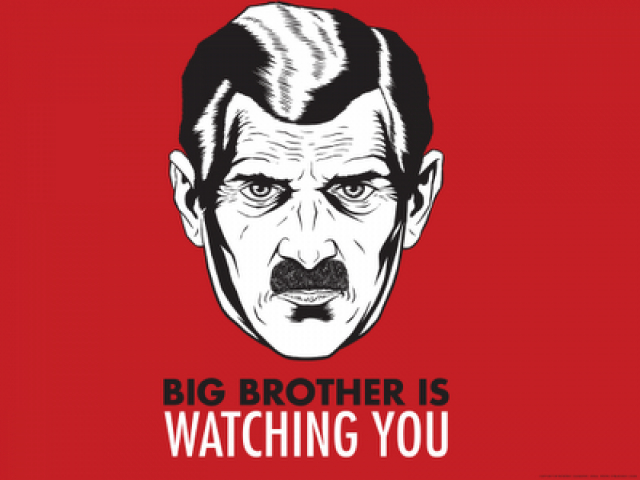
As part of Quiet Skies, air marshals are being asked to step off of the flights that they’ve been assigned to protect to undertake a new detail: gathering intelligence on civilians who aren’t on a terrorist watchlist – regular folks like you and me. Unlike ICE, which giddily has accepted a larger number of troubling new powers and responsibilities from the federal government, the air marshals are voicing their concern with the new marching orders being given to them. From The Boston Globe:
Since this initiative launched in March, dozens of air marshals have raised concerns about the Quiet Skies program with senior officials and colleagues, sought legal counsel, and expressed misgivings about the surveillance program, according to interviews and documents reviewed by the Globe. “What we are doing [in Quiet Skies] is troubling and raising some serious questions as to the validity and legality of what we are doing and how we are doing it,” one air marshal wrote in a text message to colleagues.It’s not just texts and mumbled complaints cherry picked by a whack of investigative journalists, either. Recently, John Casaretti, president of the Air Marshal Association, stated “The Air Marshal Association believes that missions based on recognized intelligence, or in support of ongoing federal investigations, is the proper criteria for flight scheduling. Currently, the Quiet Skies program does not meet the criteria we find acceptable.” According to the Boston Globe, TSA documents show there are about 40-50 Quiet Skies passengers pinged on domestic flights each day. On average, air marshals follow and surveil about 35 of them. Think about that: every day, 35 people, who have engaged in no criminal activity, are being researched and followed by undercover agents just because someone doesn’t like the look of them. We’re not talking about citizens of foreign nations here, either – Quiet Skies targets American citizens. For the time being, the TSA is mum on how they choose who the program targets or what makes those individuals worth the attention that they’re being given. Could it be skin color? Religious or political affiliations? Information gleamed from their private email or text conversations? Your guess is as good as anyone’s.
After a ton of digging, The Boston Globe uncovered that the purpose of Quiet Skies is to “unknown or partially known terrorists; and to identify and provide enhanced screening to higher risk travelers before they board aircraft based on analysis of terrorist travel trends, tradecraft and associations.” Dig that unknown. Maybe the person air marshals are being asked to follow is a terrorist – someone better be there watching, just in case they make any sudden movements. As part of the program, travel patterns are studied and acted upon. Some of the victims of this grossly sketchy surveillance program have included a federal agent, a flight attendant and some poor schlep traveling for work. In the case of the latter, it could very well have been you or me. From a civil liberties standpoint, Quiet Skies is a serious issue. If you want to learn more about it, you’d do well with checking in with The Boston Globe’s excellent coverage of it, here.
Image: by Sstrobeck23 - Own work, CC BY-SA 4.0, Link
from Boing Boing https://ift.tt/2LQyaX4
via IFTTT
Comments
Post a Comment